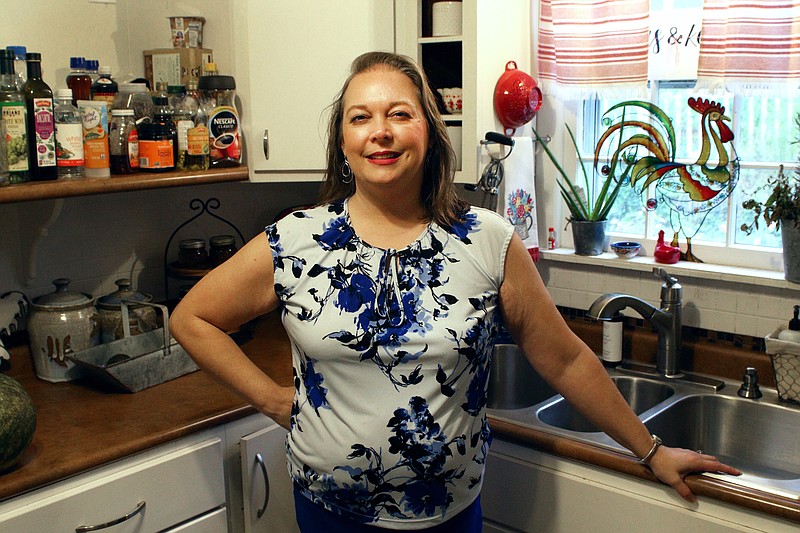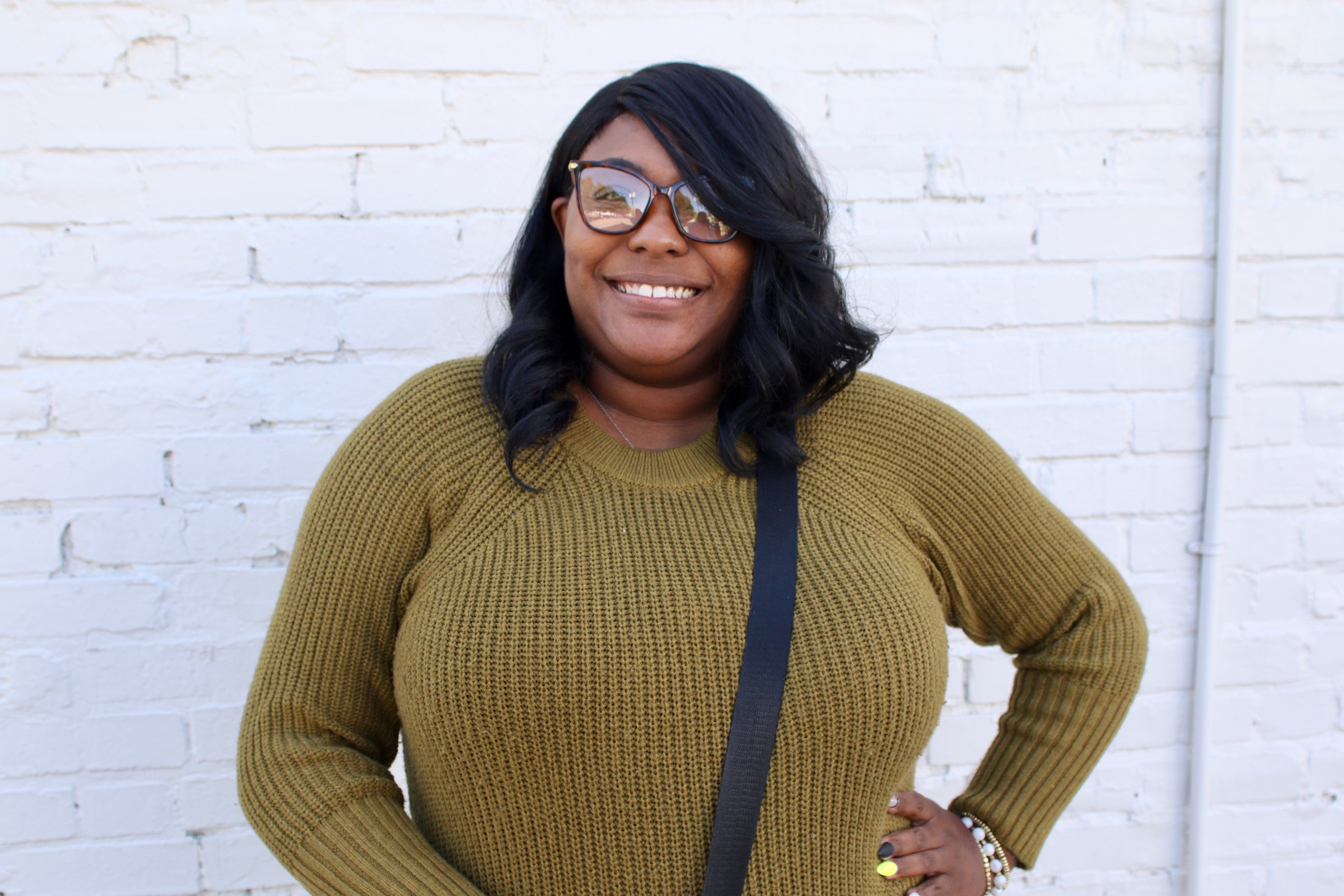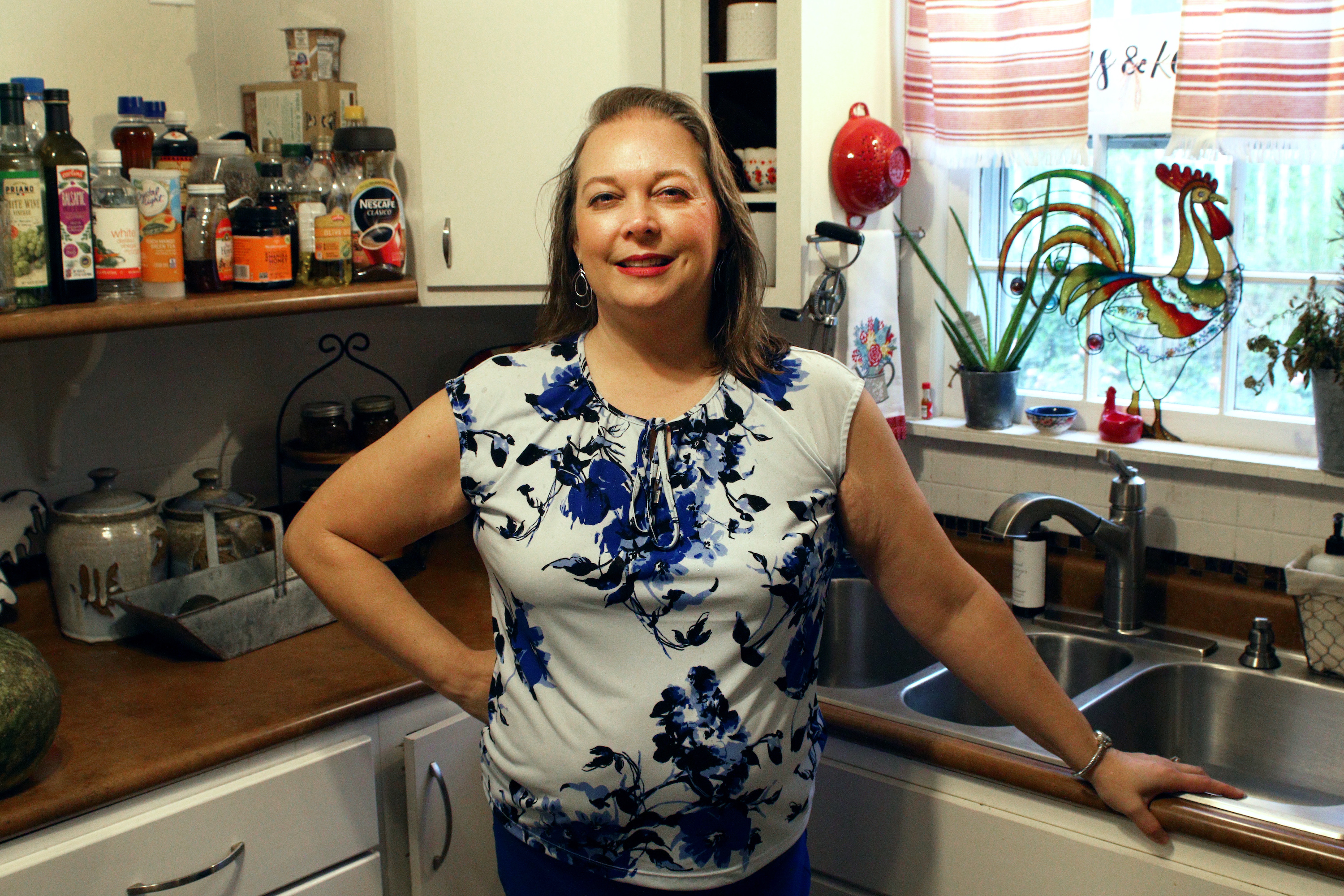Leaders of organizations that serve women across the tri-state region are seeing an increasing demand for services as the COVID-19 pandemic continues to affect the mental and physical health, as well as economics, of local residents.
Keosha Brewster, founder of The Heard, said her organization serving survivors of domestic violence is expecting even more need in the area with Thanksgiving and Christmas fast approaching.
"The stress of the holidays already has people angry and then you have this invisible thing that's stopped the whole wide world, and these people are trapped," Brewster said. "I've gotten so many phone calls."
The Heard helps women, most of whom are in their 30s, overcome abusive relationships through empowerment and community. Virtual hangouts and a private Facebook group have become forums for women across the country to support each other, Brewster said.
Part of the healing process is for people to see that they are not alone and that there are safe spaces to connect with others in a similar position, she said.
"We don't make it sad," Brewster said. "It's a living loud party. We laugh and we talk about how we're getting through COVID-19, what are the daily things we're using to survive as survivors because some of these women still live with the person that's abusing them."
Nationwide, the pandemic and its various effects have spiked cases of domestic violence. In March, Hamilton County experienced an 89% increase in domestic violence reports compared to last year.
"Domestic violence, and COVID-19 on top of it, is super heavy," Brewster said. "It's super scary for survivors, too, because most of us suffer from PTSD. Most of us suffer from depression and anxiety, and you see these women who were trying to thrive."
Brewster also works with more than 30 girls in Hamilton County, ranging from 10 to 17, in her "So You Think You Can Date" program. While The Heard serves to heal adults, the teen program works to prepare girls to avoid abusive relationships later in life, Brewster said.
So far the group has gone hiking and learned to crochet, as well as held discussions on topics such as teen dating violence. For Brewster, the business and school shutdowns because of COVID-19 did not mean she could take time away from the girls. They are getting older and wanting to explore relationships even while the world may seem on hold for adults, she said.
In Cleveland, Suzanne Burns is seeing a similar spike in need for her services as executive director and founder of Foundation House Ministries.
The nonprofit, which provides stable housing and support resources for pregnant women or women with newborns, was founded in 2014 with a single host family. Today, the organization owns two homes on 10 acres that can serve up to 13 women at a time. The non-residential part of the nonprofit, which helps connect women with resources, does not have a limit, Burns said.
Calls of need have doubled in 2020 compared to previous years, Burns said. The organization has housed more women in 2020 than all of 2019, too.
Many of the women who come to Foundation House include those who are homeless, unemployed or battling an addiction, Burns said. Many similar crisis programs do not accept women who are dealing with addiction, but it was a need that had to be addressed, she said.
"That's who showed up," Burns said.
Graduating from the program does not mean checking a certain predetermined number of boxes, she said. For some women, it could mean finding stable employment or housing. For others, it means getting custody of their children or completing high school.
"Our goal is not to turn her into a mini-me," Burns said. "It is not to bring her along on my journey or drive her along on my version of her journey. But it's to come alongside her and walk with her on her journey."
The nonprofit has a 95% success rate of mothers maintaining stability in the first year after they leave the program, Burns said, and anyone can return for help accessing other resources through the nonprofit's non-residential program.
On average, a six- to eight-month stay in the residential program costs around $5,700 between housing, transportation and food. Despite the financial strain of the virus in 2020, Foundation House Ministries has not seen a drop in support from area donors and churches, Burns said.
Contact Wyatt Massey at wmassey@timesfreepress.com or 423-757-6249. Follow him on Twitter @news4mass.


